NGOs bridging the hunger gap during lockdown say establishment is expecting the moon from them, but offering little support and no say in how and why

Bilal Khan, an activist with Ghar Bachao Ghar Banao, distributing kits which include rice, wheat, pulses etc. at Chemburs Thakkar Bappa Colony. Khan was among those who petitioned the Bombay High Court, seeking to address the gaps in the state governmentÃ
The Coronavirus lockdown has exposed our state and nation-s deep, economic divide, as it has turned out to be a nightmare for lakhs of migrants and urban poor in Maharashtra. Not only have they lost their livelihood, they are also struggling to eat two square meals a day. "Apart from food, people also need money to pay rent and electricity bills, recharge their phones, meet medical expenses," explained Lalita T of the Stree Mukti Sanghatana, an NGO working for the rights of waste picker women. It has provided dry ration kits to 5,000 waste picker women in Mumbai, Navi Mumbai, and Thane. They plan to carry out another distribution drive within the next couple of weeks.
ADVERTISEMENT
The central government seems to have taken cognisance of the hunger problem as it has allowed NGOs conducting relief activities to approach the Food Corporation of India FCI for procuring food grains rice and wheat at subsidised rates from its warehouses. "We have to pick up a minimum of 1,000 kg at once. With trucks refusing to ply during the lockdown, this puts us in a tight spot. An additional challenge is that the wheat that-s been allocated is whole grain wheat. It hasn-t been milled into flour," said Trina Talukdar, co-founder of Kranti. Kranti first mailed the FCI on April 16 and its request to buy food grains from them was finally approved on May 8. They have provided food essentials to 700 families in Kamathipura and Malad so far, with money raised via private fundraising efforts. Each packet typically lasts a family of five for a month.
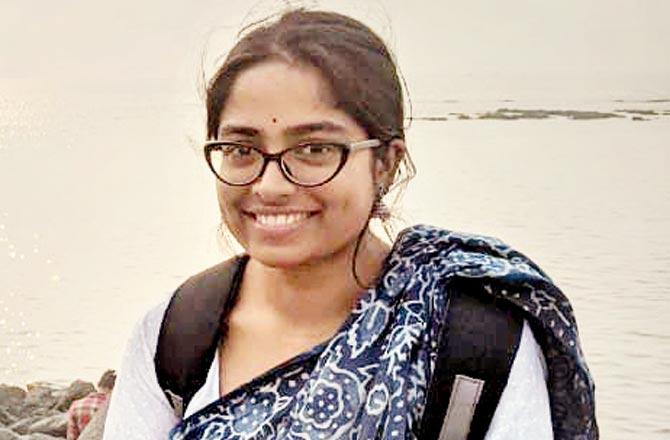
Lalita T, consultant with the Stree Mukti Sangathana
Agreeing with Talukdar, Nishant Bangera of the Muse Foundation remarked, "Providing only rice and wheat is inadequate. Why haven-t pulses been included? We expected more hand-holding from the government because we lack resources. I-m not just referring to finances, there is also a shortage of volunteers on the ground given that we are dealing with a public health crisis." The founder of the Thane-based NGO revealed that carrying relief supplies for 100 people amounts to carrying more than three tonnes of material. It has been able to help about 500 families as of now. Muse emailed its registration certificate bearing the charity commissioner-s signature to the authority concerned. Its request to buy rice was approved and it has distributed the same. It decided not to purchase wheat, because with no disposable income at hand and mills shut, recipients can-t convert it into flour.
"The state has failed in its responsibility to cater to the needy. It has shifted the onus onto NGOs, but we don-t have the kind of infrastructure that the state does, to reach every nook and corner," says Bilal Khan, an activist with the Ghar Bachao Ghar Banao GBGB movement. The GBGB kits includes supplies to prepare a basic meal— rice, wheat, pulses, masala, tea, oil, sugar, poha, rava, etc. It-s logistically unfeasible for GBGB to procure rice from the FCI and all other materials from elsewhere, they say. GBGB has written to the FCI, but it hasn-t heard back from them yet. Khan was one of the petitioners who had approached the Bombay High Court on March 23, seeking to address the gaps in the state government-s relief response during the lockdown.
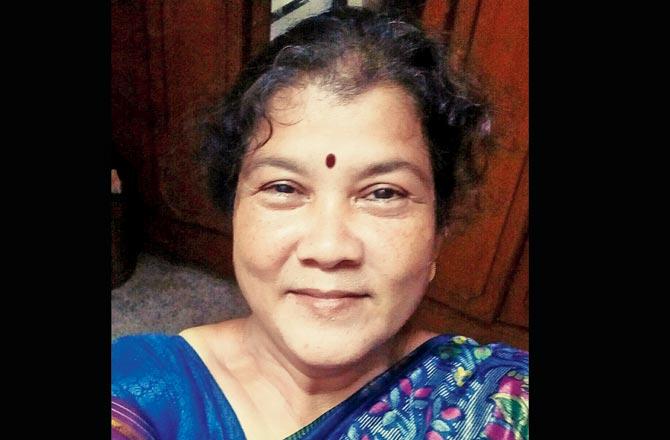
Ulka Mahajan, social worker
"It-s the government-s constitutional responsibility to provide food for everybody. We also want all the interstate and intrastate migrant workers to be safely transported back to their hometowns after their wages are settled," said Ulka Mahajan, a prominent social worker, who was a co-petitioner along with Khan. Mahajan feels that instead of solely depending on non-profits for distribution of food, they should also have been made stakeholders in the discussion around the lockdown and its exit plan. She stated the example of Kerala as a state which has benefitted from doing the same.
The divisional manager of the FCI in Mumbai, Avinash Dhabade, dismissed allegations of red tape claiming that, "More than 50 NGOs in Mumbai, such as the Rehbar Foundation and Citizens for Justice and Peace, have picked up food grains from us so far. NGOs engaging in relief work have to mail us their registration certificate, bearing the signature of the charity commissioner, online. If everything is in place, we will approve their request on the very same day."
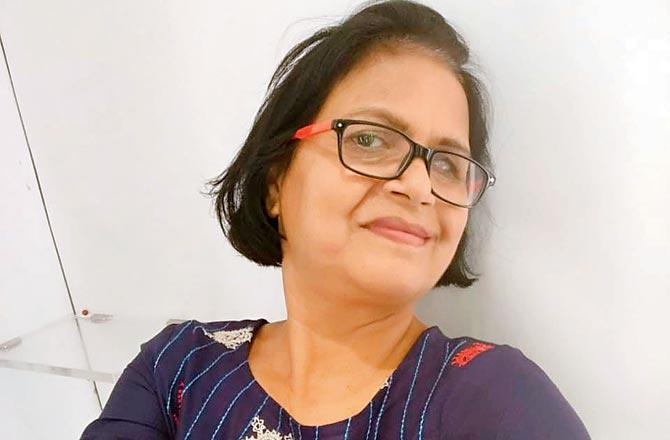
Mukta Srivastava, right to food activist
As far as the stipulation to pick up one metric tonne of grains at once is concerned, Dhabade said that his hands are tied because the FCI is simply following a central government directive.
In what seems like a cruel joke, the Centre has decided to use the surplus stock of rice in its warehouses to make hand sanitiser by converting it into ethanol. The decision was taken at a meeting of the National Biofuel Coordination Committee NBCC based on the national policy on biofuels, which allows for the conversion of excess grains into ethanol. This move comes across as high-handed and insensitive, given the food insecurity of innumerable people in major cities across the country.
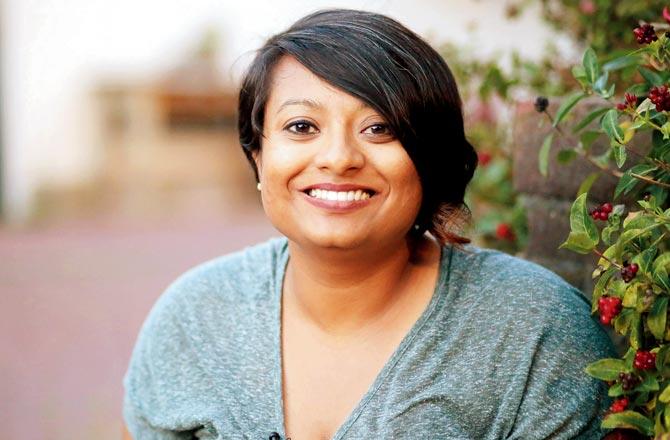
Trina Talukdar, co-founder, Kranti
"What about those who haven-t registered themselves with the Maharashtra Building and Other Construction Workers- Welfare Board for instance? Or those who don-t possess ration cards and so, they are excluded from the government-s Public Distribution System," asks Mukta Srivastava, a Right to Food activist, questioning the government-s apathy towards its most vulnerable.
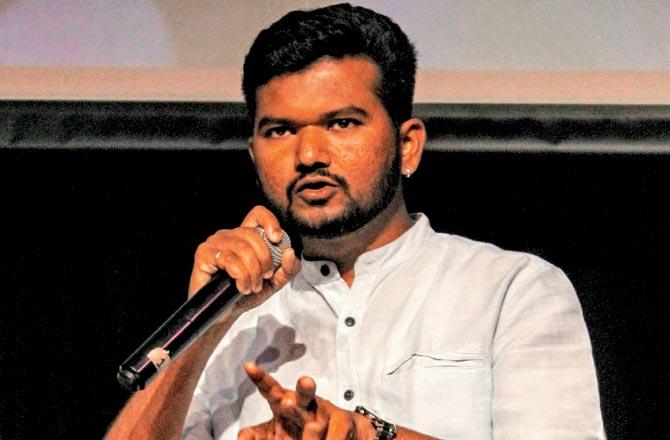
Nishant Bangera, founder, Muse Foundation
Catch up on all the latest Mumbai news, crime news, current affairs, and a complete guide from food to things to do and events across Mumbai. Also download the new mid-day Android and iOS apps to get latest updates.
Mid-Day is now on Telegram. Click here to join our channel @middayinfomedialtd and stay updated with the latest news
 Subscribe today by clicking the link and stay updated with the latest news!" Click here!
Subscribe today by clicking the link and stay updated with the latest news!" Click here!







